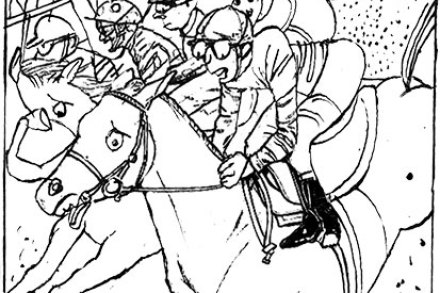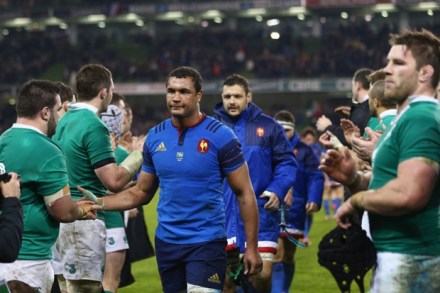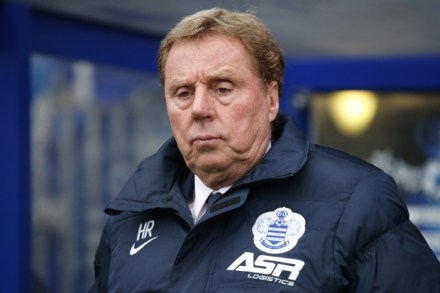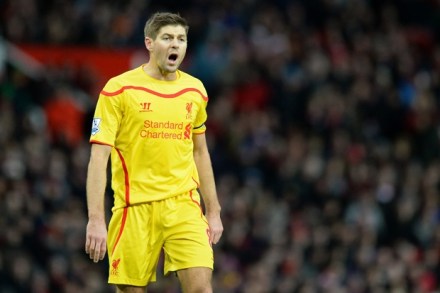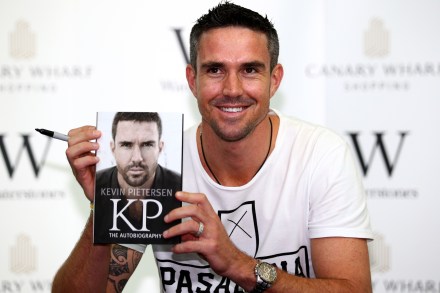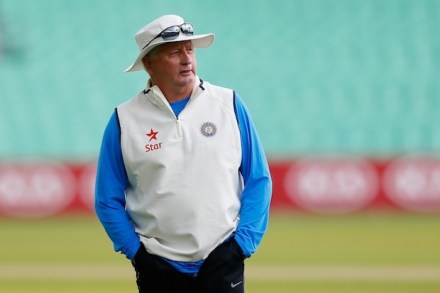Your problems solved | 18 June 2015
Q. I was at the theatre recently and bumped into a well-known Liverpudlian crooner coming out of the disabled lavatory. She said ‘Don’t worry, luv, it’s fine to use them if no disabled people are waiting.’ Often theatre interval queues are long and in some of London’s better restaurants the ‘disabled toilet’ is closer, cleaner and more convenient. Is there a ruling on this or was Cilla correct? — N.C., Stanton St Bernard, Wilts A. Common sense tells us Cilla is right — but it is only correct to use disabled lavatories if you can be certain you will not thereby stymie the – possibly more urgent — need of





